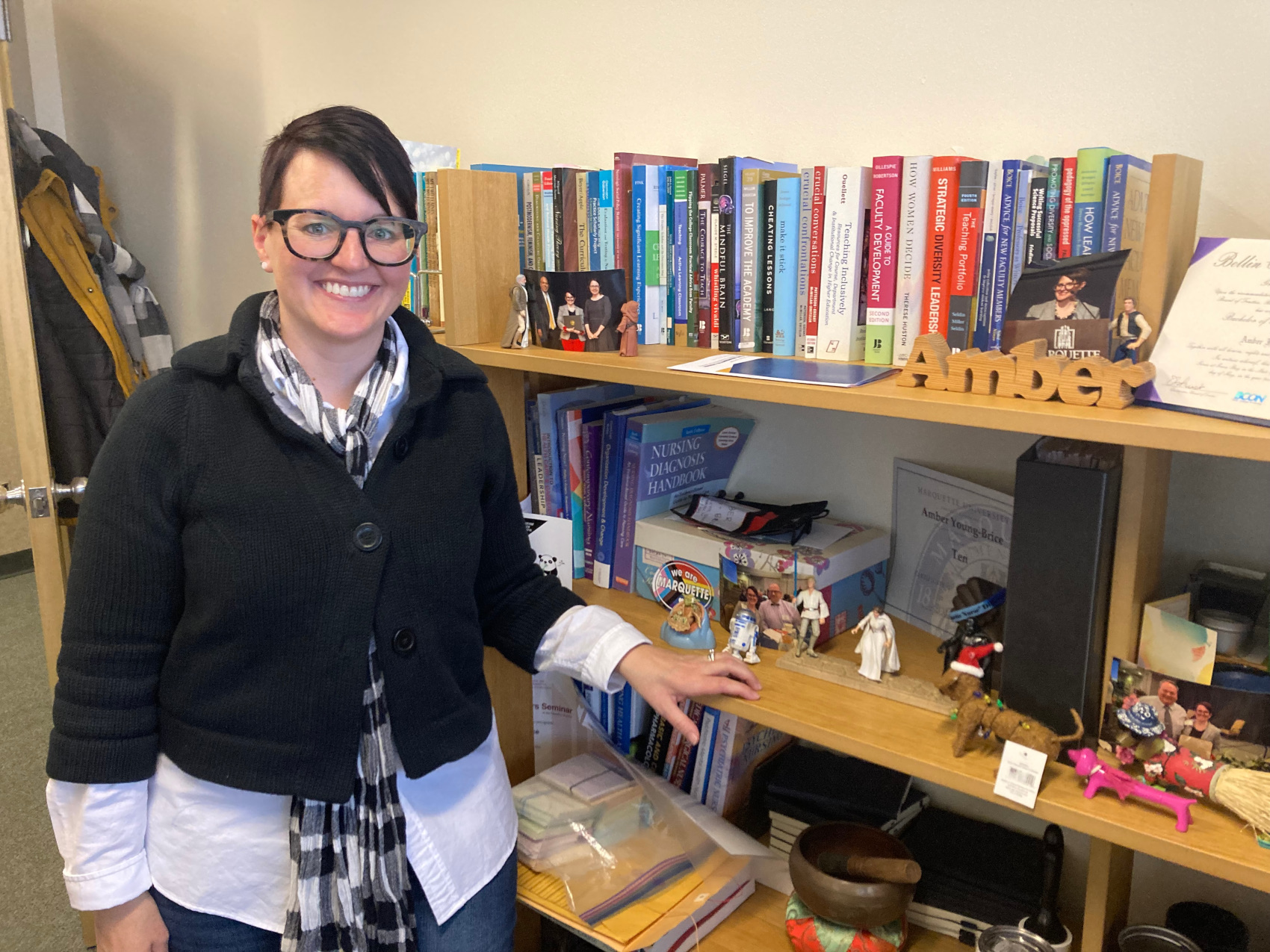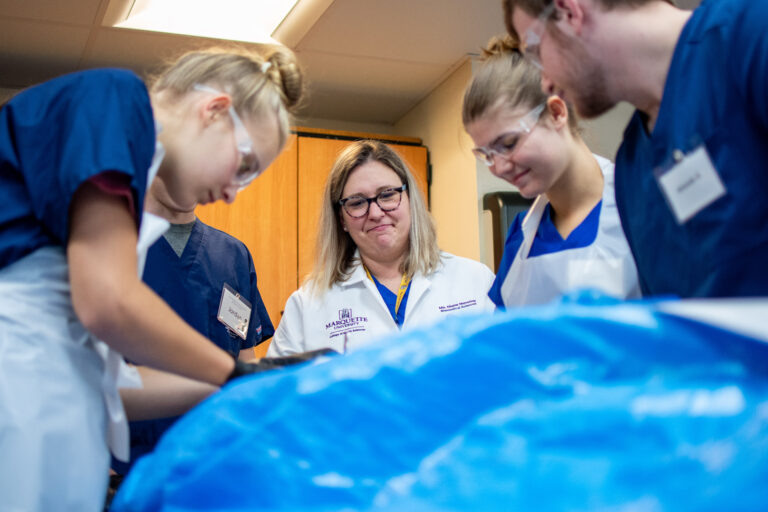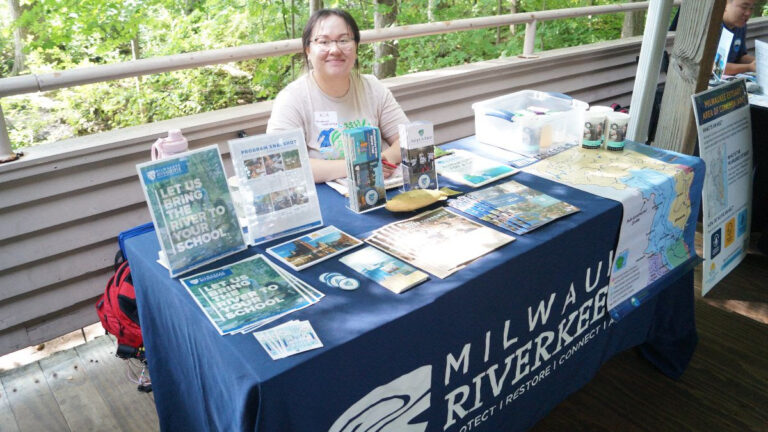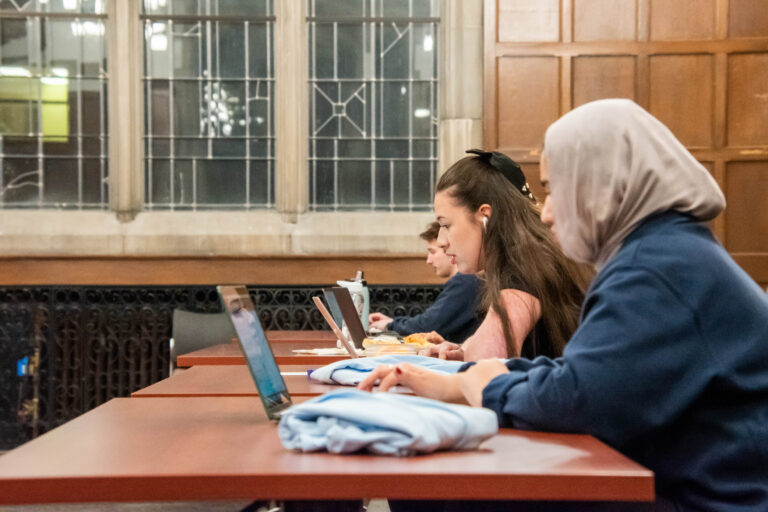Much like her colleagues in the College of Nursing, Dr. Amber Young-Brice loves teaching.
“I am all about teaching and learning,” Young-Brice says.
Her passion goes far beyond teaching classes, though: Dr. Young-Brice’s research program involves studying pedagogy — the methods and theories of how to be an effective teacher.
“Learning about learning theory and how learning works is so essential,” Young-Brice says. “It is important to spend time considering how our students learn so that we can pay attention to how our students are processing and interpreting information, and ultimately if our teaching strategies are working.”
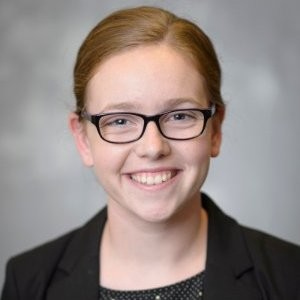
One block up the street at Engineering Hall, Assistant Professors of Mechanical Engineering Drs. Somesh Roy and Allison Murray are hoping to use Young-Brice’s skillset to better engage the next generation of engineering students.
“We wanted to find a way to take some of the best practices out of nursing, a very hands-on discipline much like engineering, and apply it to an engineering classroom,” Murray says.
That was the basis for a cross-disciplinary study titled “Broadening Engineering Teaching with Theory-Based Educational Resources,” or BETTER. The three professors have been awarded a $300,000 grant from the National Science Foundation to run the study, which is expected to take three years.
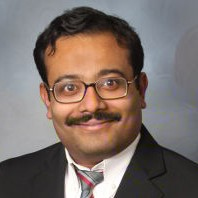
BETTER is focused on instilling human-centered educational principles based on caring science in nursing, which acknowledges all aspects of humanity and transformation of consciousness through personal growth, change and insight. A caring science curriculum focuses on the relational or affective aspects of education that honor whole-person teaching and learning. The researchers hope that this approach will emphasize the importance of an inclusive teacher-student relationship in the learning process within engineering education.
The more traditional method involves a professor conveying information to students, who are passive receptors in the learning process. That may not be the best way to reach most students, Murray explains.
“There’s a large body of research pointing us toward the idea that student outcomes are improved if they’re active participants in their learning. The instructors and the students are co-creators in knowledge, and everybody must be bought into that process,” she says.
While both nursing and engineering fall under the STEM umbrella, nurses often have some amount of human-centric learning built into their education because of how important patient interaction is to health care. Nursing faculty guide students to incorporate technical competence along with human-to-human relationships. This approach to education can be just as valuable in engineering.
“The biggest thing is just to acknowledge the relationship with students,” Young-Brice says. “Engineering is a science, and you have to do things a certain way. Nursing is the same way, so we think bridging our disciplinary thinking in this project will have positive outcomes for faculty and students.
There are ways that we can offer flexibility in learning to meet the students’ needs and support them in different ways. It all goes back to paying attention to them.”
Roy sees BETTER as a valuable way to reflect on and, if necessary, adjust underexamined teaching practices to achieve better outcomes.
“It’s very easy to blame the student for poor performances, but why not look at what else could be wrong?” Roy asks. “We, as faculty, need to look at ourselves to reflect what we are missing in our teaching method.”
Roy and Murray describe themselves as “enthusiastic practitioners” of the human-centric model being tested by BETTER. Professors are subject matter experts in their fields, but often receive limited pedagogical training to complement that expertise. This study is about more than merely testing the efficacy of a new teaching method; it also seeks to create more teachers like Roy and Murray – those concerned with the hows of teaching instead of just the whats, and to do so at other higher learning institutions around the region.
“The faculty we will likely engage in this process are those who are excited to improve their teaching by bridging the gap between educational theory and what happens in the classroom,” Young-Brice says. “Someone who might ask: ‘how do I take these theories and best practices from the research and apply it in class on Monday?’ Changing the teaching culture within a discipline is hard and it takes a long time. Any little thing we can do to start that ball rolling is a win.”
